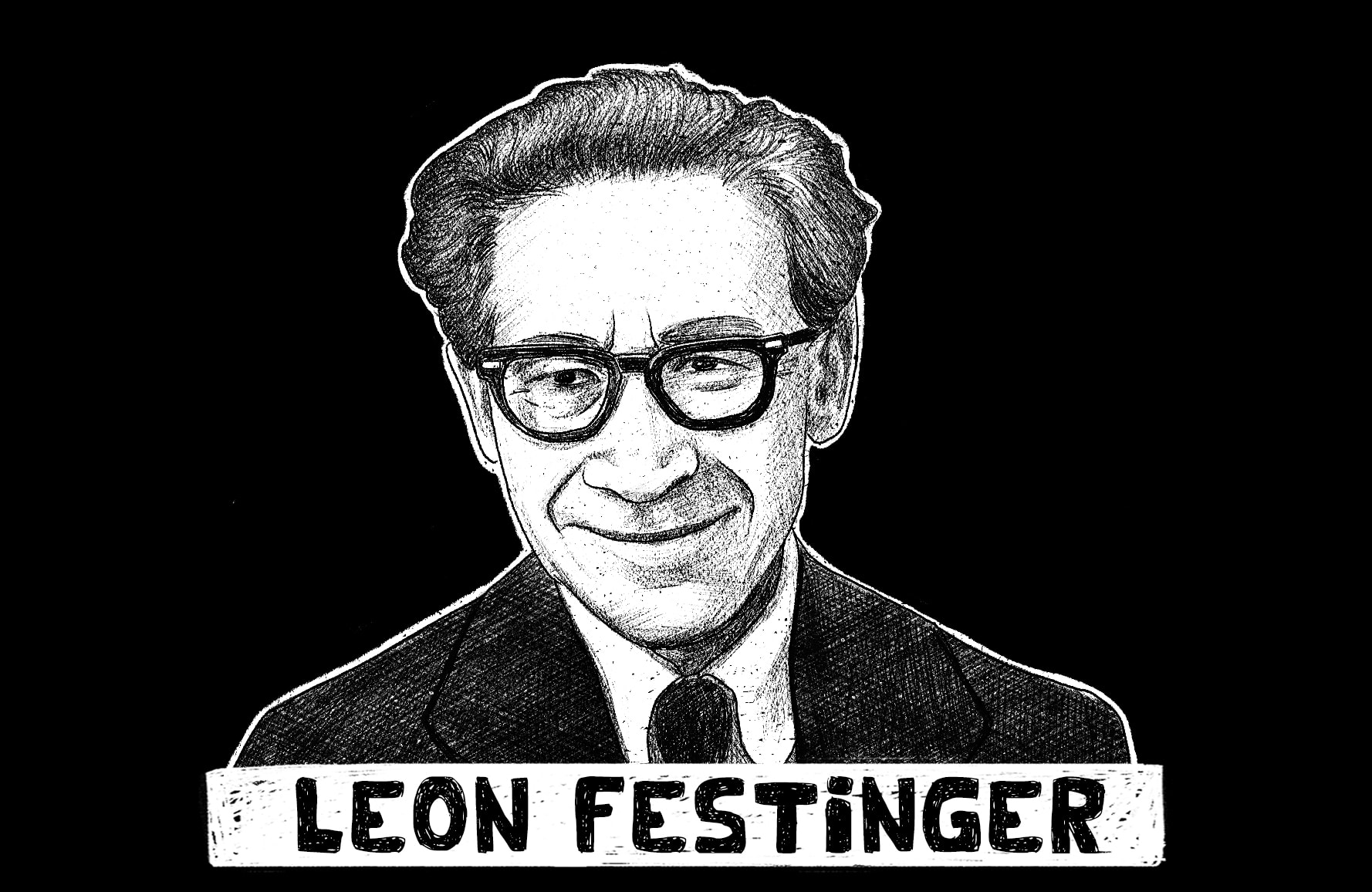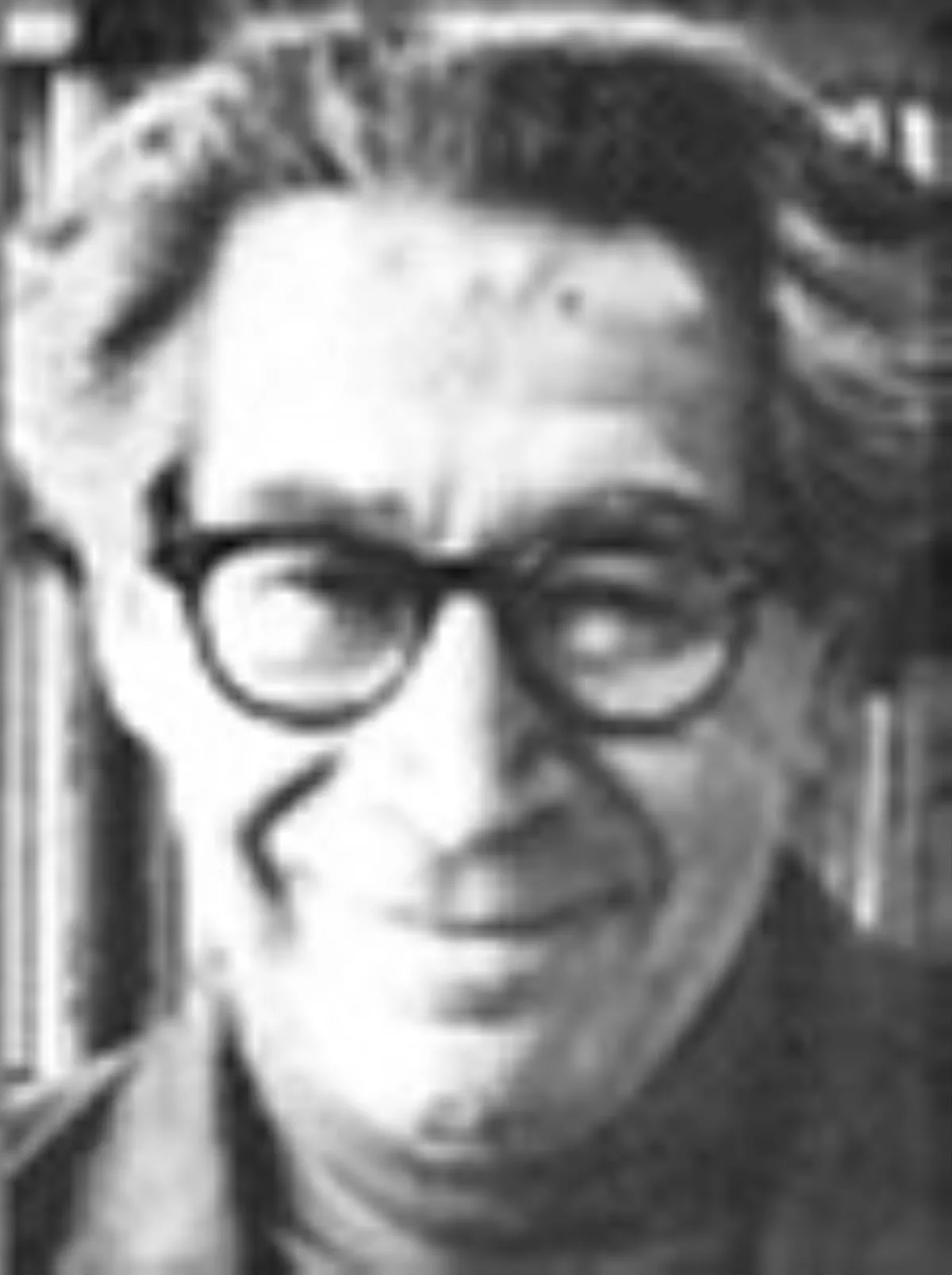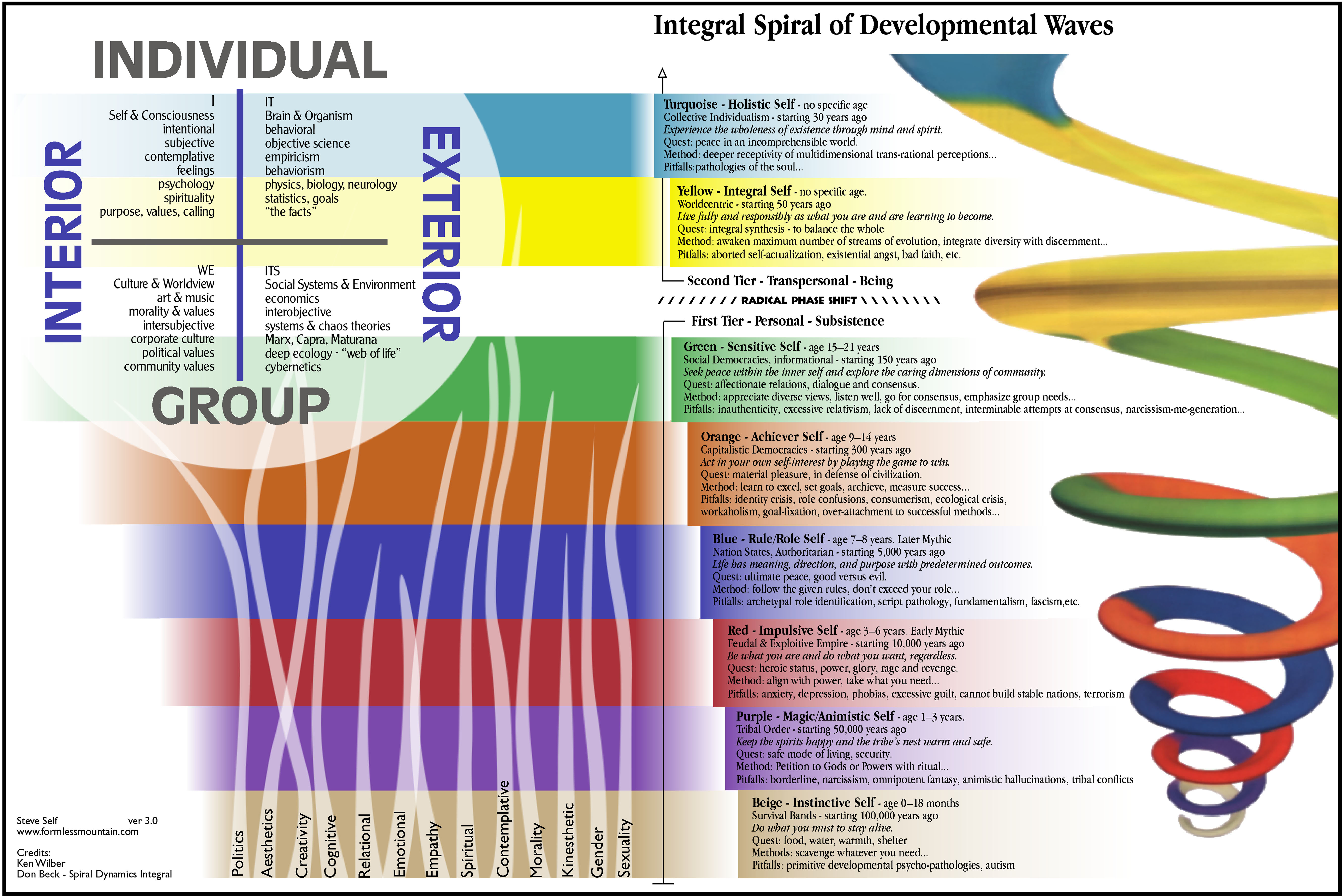Leon Festinger: Social Psychologist Known For Cognitive Dissonance Theory
Are you struggling to understand the complexities of human behavior? Cognitive dissonance theory, proposed by renowned social psychologist Leon Festinger, offers invaluable insights into the ways we resolve inconsistencies in our beliefs and behaviors.
Leon Festinger: A Pioneer in Social Psychology
Leon Festinger was an influential figure in social psychology, known for his groundbreaking research on cognitive dissonance. He sought to understand how individuals reconcile conflicting beliefs and behaviors, often leading to discomfort and a drive to reduce that discomfort.
Cognitive Dissonance Theory: A Key Concept

SOLUTION: An explanation of cognitive dissonance theory proposed by – Source www.studypool.com
Cognitive dissonance theory posits that individuals experience discomfort when they hold two or more conflicting beliefs, or when their beliefs are inconsistent with their actions. This discomfort motivates them to reduce the dissonance, either by changing their beliefs, altering their behaviors, or rationalizing the inconsistency.
Main Points about Leon Festinger: Social Psychologist Known For Cognitive Dissonance Theory
Personal Experience with Cognitive Dissonance

Examples Of Cognitive Changes – Source ar.inspiredpencil.com
I recall a time when I held a strong belief about the importance of recycling. However, I found myself tossing a plastic bottle into a regular trash can due to convenience. The resulting cognitive dissonance made me uncomfortable, so I resolved it by retrieving the bottle and properly recycling it. This experience reinforced the power of cognitive dissonance in shaping our behavior.
Historical and Mythical Roots of Cognitive Dissonance Theory

VEX KING | Self-love on Instagram: “Social Comparison Theory, proposed – Source www.pinterest.com
Festinger’s theory draws inspiration from both psychology and history. His research on cognitive dissonance was influenced by Kurt Lewin’s field theory, as well as the mythical story of the “forbidden fruit,” which suggests that humans are drawn to things they are told not to do.
Hidden Secrets of Cognitive Dissonance Theory

SOLUTION: An explanation of cognitive dissonance theory proposed by – Source www.studypool.com
Beyond its core principles, cognitive dissonance theory reveals hidden secrets about human behavior. Festinger’s research showed that people tend to seek information that confirms their existing beliefs, a phenomenon known as “confirmation bias.” Additionally, dissonance can be reduced by social support, where individuals seek validation from others who share their beliefs.
Recommendations for Managing Cognitive Dissonance

Leon Festinger’s Cognitive Dissonance Theory – The Psychology Notes – Source www.psychologynoteshq.com
Cognitive dissonance can create discomfort, but it can also be a catalyst for personal growth. To effectively manage dissonance, consider the following recommendations:
- Identify and acknowledge the conflicting beliefs or behaviors.
- Evaluate the evidence for each belief or behavior.
- Choose to change one of the beliefs or behaviors, or find a way to justify the inconsistency.
- Seek support from individuals who share your beliefs or who can provide alternative perspectives.
Leon Festinger: Social Psychologist Known For Cognitive Dissonance Theory and Related Concepts

30 Famous Psychologists (Images + Biographies) – Practical Psychology – Source practicalpie.com
In addition to cognitive dissonance theory, Leon Festinger also contributed to other areas of social psychology, including:
- Social comparison theory: The tendency to compare oneself to others.
- Festinger’s law: The idea that the attractiveness of a group increases as its size decreases.
- Dissonance between beliefs and behaviors: The idea that people tend to change their beliefs to match their behaviors.
Tips for Applying Leon Festinger: Social Psychologist Known For Cognitive Dissonance Theory

21 Facts About Leon Festinger | FactSnippet – Source www.factsnippet.com
To effectively apply cognitive dissonance theory in your own life, consider the following tips:
- Be aware of your own beliefs and behaviors.
- Identify any inconsistencies between your beliefs and behaviors.
- Choose to change one of your beliefs or behaviors, or find a way to justify the inconsistency.
- Seek support from individuals who share your beliefs or who can provide alternative perspectives.
Leon Festinger: Social Psychologist Known For Cognitive Dissonance Theory and Related Research
:max_bytes(150000):strip_icc()/2795012-what-is-cognitive-dissonance-5afdb76eae9ab800364e4e48.png)
Cognitive Dissonance Model – Source ar.inspiredpencil.com
Festinger’s research on cognitive dissonance has had a profound impact on social psychology. His work has been cited over 100,000 times, and his theory has been used to explain a wide range of human behaviors, from smoking to voting. Festinger’s legacy continues to inspire researchers and practitioners in the field of social psychology.
Fun Facts about Leon Festinger: Social Psychologist Known For Cognitive Dissonance Theory

¿Qué es la disonancia cognitiva?Definición y ejemplos (2023) – Source pygdon.best
- Festinger was a smoker, even though he knew about the health risks of smoking.
- Festinger was a strong advocate for scientific research, and he believed that social psychology could help solve real-world problems.
- Festinger was a mentor to many famous social psychologists, including Stanley Milgram and Philip Zimbardo.
How to Use Leon Festinger: Social Psychologist Known For Cognitive Dissonance Theory
Cognitive dissonance theory can be used to understand a wide range of human behaviors. For example, it can be used to explain why:
- People continue to smoke, even though they know it’s bad for their health.
- People believe in conspiracy theories, even though there is no evidence to support them.
- People change their beliefs after making a decision, even though they originally made the decision for different reasons.
What if Leon Festinger: Social Psychologist Known For Cognitive Dissonance Theory Were Wrong?

Macat Library: An Analysis of Leon Festinger’s a Theory of Cognitive – Source www.walmart.com
If cognitive dissonance theory were wrong, it would mean that people do not experience discomfort when their beliefs and behaviors are inconsistent. This would have a profound impact on our understanding of human behavior. For example, it would mean that people would be more likely to engage in unethical or irrational behavior without feeling guilty or ashamed.
Listicle of Leon Festinger: Social Psychologist Known For Cognitive Dissonance Theory
- Cognitive dissonance theory is a theory of psychology that states that people experience discomfort when their beliefs and behaviors are inconsistent.
- Leon Festinger was a social psychologist who developed cognitive dissonance theory.
- Cognitive dissonance theory has been used to explain a wide range of human behaviors, including smoking, voting, and belief in conspiracy theories.
- Cognitive dissonance theory can be used to help people change their behavior by making them aware of the inconsistencies between their beliefs and behaviors.
- Cognitive dissonance theory is a valuable tool for understanding human behavior.
Questions and Answers about Leon Festinger: Social Psychologist Known For Cognitive Dissonance Theory
- Who is Leon Festinger?
Leon Festinger was a social psychologist known for his work on cognitive dissonance theory. - What is cognitive dissonance theory?
Cognitive dissonance theory is a theory of psychology that states that people experience discomfort when their beliefs and behaviors are inconsistent. - How can cognitive dissonance theory be used?
Cognitive dissonance theory can be used to explain a wide range of human behaviors, including smoking, voting, and belief in conspiracy theories. - What are the implications of cognitive dissonance theory?
Cognitive dissonance theory has implications for our understanding of human behavior, and it can be used to help people change their behavior.
Conclusion of Leon Festinger: Social Psychologist Known For Cognitive Dissonance Theory
Leon Festinger’s cognitive dissonance theory is a powerful tool for understanding human behavior. It helps us understand why people sometimes make irrational decisions or hold contradictory beliefs. Cognitive dissonance theory can also be used to help people change their behavior by making them aware of the inconsistencies between their beliefs and behaviors.





